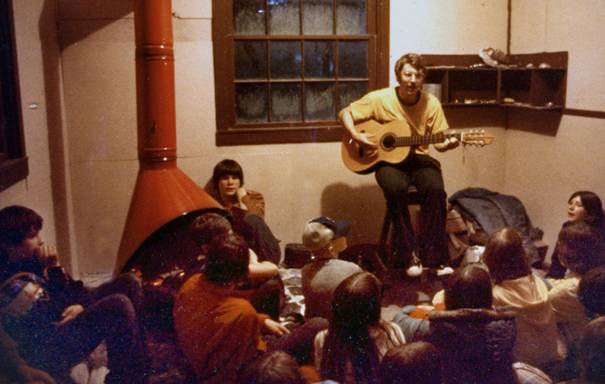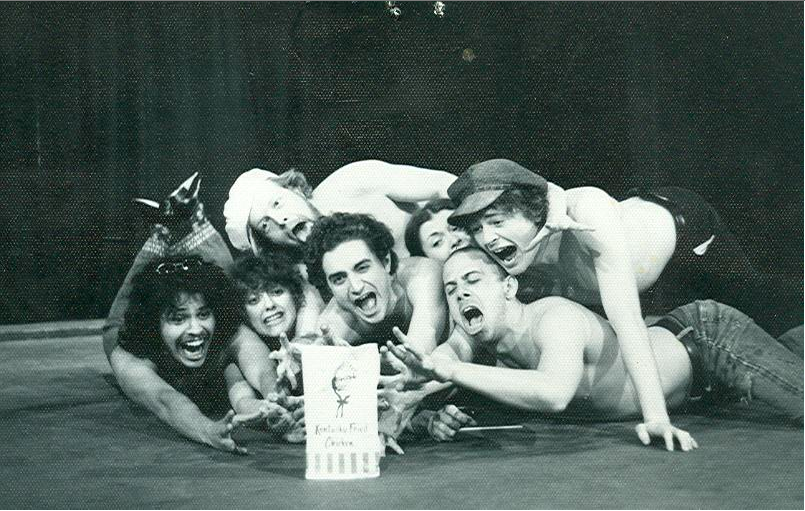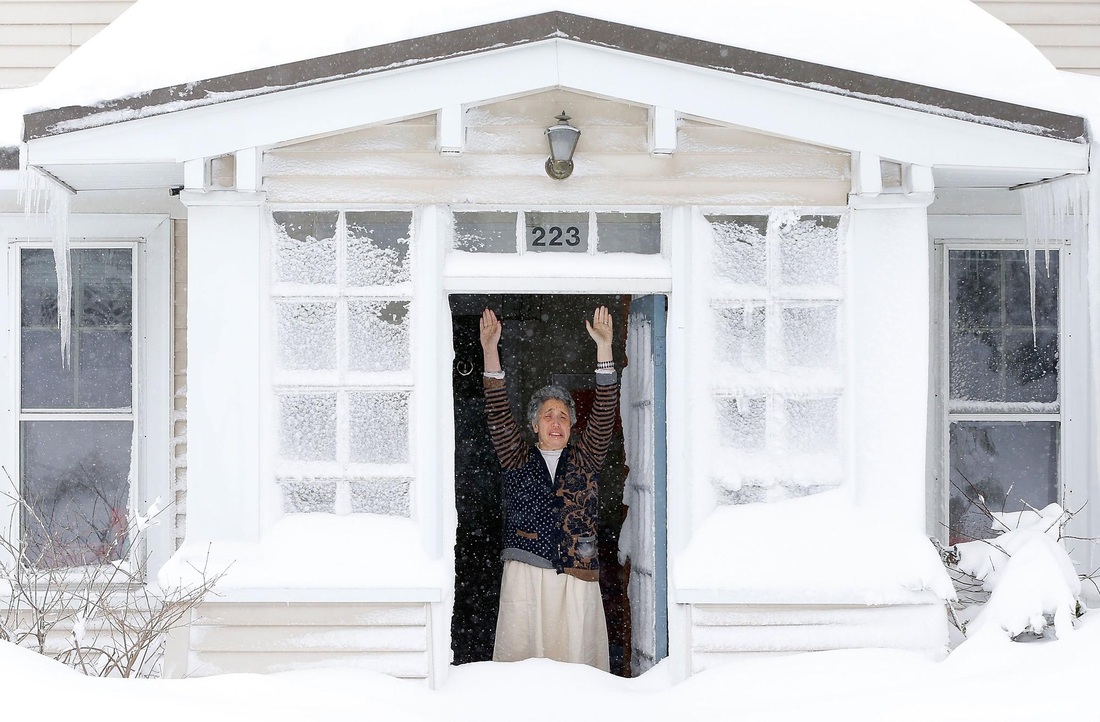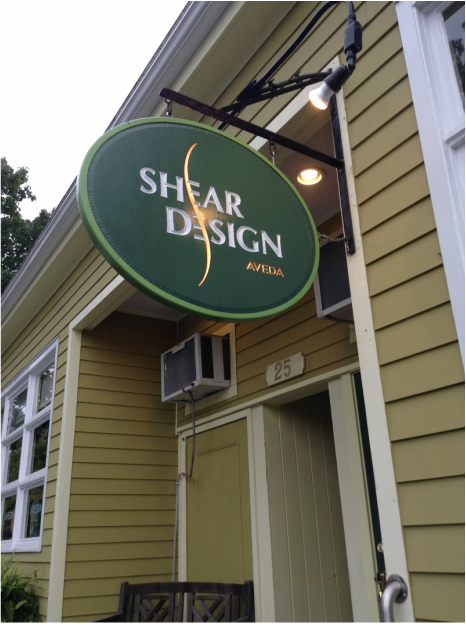|
An interstitial re-grouping zone. A post-utopian “what next” hangout space. A multi-dimensional low-key reunion. The most comfortable room in your mom’s house. Where to go between one phase and the next? In those liminal moments where something has failed, or finished (or when you don’t know the difference) and you need to talk about it, or not, and maybe get a pizza and watch a movie - where will you hang out and who else should be there? After each performance of Old Paper Houses, we’re inviting you to join us in the bones of the Irondale Center for some music, snacks, conversation (no pressure), art, and poetry - we’re inviting you to say “what next” with us. This zone began to form in our minds (and in reality) during the last version of Old Paper Houses at The Connelly - we found ourselves lingering with audiences in the show’s final setting - feeling good, feeling crazy, not sure where to go. It felt right, but we knew it could feel better. This time, a generous crew of artists, musicians, poets, and performers has agreed to participate and create an immersive environment for all of you - for all of us! Different evenings will feature different work - some details are still percolating, but for the first four performances you’ll find poetry (thanks to Natalie Eilbert of the Atlas Review and her incredible community) jams (thanks to DJ Matt Tong on 2/28, 3/2, and 3/3), live music (Laura Gragtmans, 3/3), fortune tellers (representing both the feminine and masculine divine aspects of your past, present, and future), snacks from local vendors, and more! If you come to any performance, your program will get you into the post-show events for any subsequent performance, so if you’re feeling indecisive come early and put your mind at ease. This is a big experiment for us, but so is everything, so let’s hang! And don’t worry, there’s a bar. (This is a picture of Allison's dad with the Empty Space Company c. 1973. They appear to be diving for snacks.)
1 Comment
With temperatures in New York City swinging wildly up and down the thermostat from "you know it's really not that bad" to "surely my face is about to fall off," we've been watching the devastating weather reports from farther up the coast with care and concern. The images coming out of Boston remind us of just how awful it can feel to be lost in the snowy purgatory, and how hard the fight is to keep marching into the wind. As we move into tech at the Irondale Center for Old Paper Houses, we got this email from Piehole Associate Kathryn Wallem — a thoughtful reminder of how history and the weather rolls onward while we keep looking backward to make sense of it:
The first time I ever heard of the Blizzard of ’78, I was in high school, 20 years later and a continent away. My friend’s parents had both gone to Brown, and they described to me climbing out of second story windows because the snow had piled up so high they couldn’t get out the front door of their dorm. When I got to Brown myself, I’d hear it mentioned by any Rhode Islander over 40 nearly every time it snowed more than three inches — stories about traffic slowing then stopping in situ, cars abandoned on the 95 overpass as flakes fell at two inches an hour, and the peculiar freedom and frustration of an endless snow day. It took me several readings of Bernadette Mayer's The Golden Book of Words to connect its publication date with the blizzard. The collection is smothered in snow, cold, and claustrophobic New England living; it feels typical, but the data indicates that the weather was actually quite extraordinary that year. Exceptional weather begets exceptional poetry. Record setting snowfalls of over 7’ feet for the season, including two blizzards in short succession totaling over 4’ combined snow, and crippling New England for weeks. Sounds familiar. Who’s writing poetry in Boston this winter? Who’s making plays about it 35 years down the line? Last Fall, we (Allison and Emilie) went for a walk in the woods. It was the last good camping weekend of the year - chilly and rainy enough to make you feel hardy and accomplished, but not enough to make you sick. The campsite was chosen more or less at random, based on some unscientific Yelp sampling and its distance from New York City. At some point in the middle of the walk, which was misty and grey in an elven sort of way, a sign appeared along the path. “Welcome to Massachussetts.” Crossing state borders on foot through the forest like some kind of olde-timey adventurer?! We were so ready. But then the rain gathered strength and we were no longer olde-timey adventurers at all - just damp little people scampering towards the car. Once safely ensconced, we did some decidedly modern research - and the gps informed us that, by chance, we were a few miles from Lenox, Mass. - where Bernadette Mayer wrote Midwinter Day and Nathaniel Hawthorne was troubled by the coldly charming hills. We set off, fully expecting to see our imaginary diorama-town made real. For those of you familiar with/from Lenox, this might seem like a comical level of excitement - but that, I suppose, is part of the point. We arrived, and were greeted by a sign to match our expectations. Austere, yet somehow friendly. We parked the car on a dangerous part of the road and scampered out: We found, to our delight, that we recognized the names of roads and even some businesses from the poetry; Shear Design, the hairstylist, has clearly been going strong for many years now: "Who are these unwashed young women screaming outside of the Shear Design?", passersby might have asked, had there been any on this gloomy day. They might have been elegantly dressed in the nice wealthy hippie mom linens which graced many window displays, or they might have been like us, visiting from New York City and sitting in the "The Bookshop" discussing the difference between living in the Berkshires and renting in NYC. In fact, there were people sitting in "The Bookshop" discussing this topic in the world-weary, comfortable way that people of a certain age (with a certain type of leisure time) do when they're really ready to sit back and relax with a classic convo. We watched these fashionable, silver-haired types from behind this bookshelf: Which both delighted and gave us pause. Here we were in a place so aware of its identity and how to market that to outsiders - a perfect jewel of a place presenting its shiniest facets for city slickers like us. Was that nice, good, a useful balm? A diorama meant to capture someone's idea of a perfect town in a way that could be instructive or interesting or important? Or were we supposed to feel cynical, doubtful of these fancy boutiques, these black-turtlenecked intellectuals sipping wine in a bookstore in the afternoon? I (Allison) grew up in a town somewhat like this (though in upstate New York, not New England) where we wrote the names of antique stores on faux rustic signs to help weekenders navigate through the charming stone cottages. I always felt a resentment (who could afford those antiques anyway?) combined with a desire to show my out-of-town friends all of the most charming spots; the small-town pageant. Feeling a rush of complicated feelings about my childhood and upbringing, I bought a souvenir t-shirt at The Bookstore and we ventured out. Knowing we would have to spend our entire evening trying to light a fire from damp wood back at the campsite, we decided it was time to end our accidental pilgrimage. We drove slowly around the town once more, looking for details, things we might have already built into Old Paper Houses through intuition or luck. There were historical placards, lovely little houses, and hidden evidence of regular people trying to live as comfortably as possible where there were cracks in the perfection. Finally, the Town Hall met our expectations - solid, elegant, a sign of a real place where generations upon generations before us had fretted over how to be people living together in the old cold hills.
We sat down with Piehole's hottest new cast members and asked them to take a quiz and also to answer other questions, and then we asked them to email those answers to us so that we can post it on the blog, so that you guys can read the answers and see which person you relate to more. SO TAKE UP YOUR PENS LADIES! It's time to see if you're a NORA or a BEN! Take this quiz that Elliot made called "Which Utopian Dreamer are You?" and tell us what you get!
NORA: Marianne Dwight, but I ain't no gossip! Definitely identify more with Hawthorne and Emerson. BEN: Marianne Dwight Where did you grow up? NORA: Stonington, CT mostly, and lived in NYC for a brief stint. BEN: Seattle What's your favorite season? NORA: Impossible. If I were forced to walk the plank--man, summer. Fall. The moment between. Summer is freedom and swimming. Fall is so romantic. To hell with this question. BEN: Fall. No question. What's the main thing you think of doing when a snow storm is about to hit? Or during a snow storm? NORA: Playing outside and eating bowls of snow with real maple syrup. BEN: Sledding. Or getting a sled. Snowstorm beverage of choice? NORA: Hot chocolate with whipped cream BEN: Swiss Miss Have you ever thought about living in an intentional community, or something like that? NORA: Hell yeah, let's resurrect the Chelsea Hotel* and build a performing arts center and recording studio inside. And on the roof we'll have a garden and pool. And we'll have a second community in the country for creative retreats. Dream Machine. Intergenerational. Patrons welcome. BEN: No but now that I am thinking about it I'm sure I would get completely lost in one if I did. Do you ever think of leaving? If so, where to? NORA: I think about traveling with a company that creates pieces of dance music theatre and tours international festivals, releasing films and albums. BEN: France What were your parents doing in the 70s? NORA: They had moved from Allentown, PA to Hartford, CT. My mother was teaching art to unwed mothers and students at a psychiatric facility, and my father was working in furniture design and helping his family manage rental buildings. BEN: My dad was working in construction in Abu Dhabi and my mom was living in Seattle in the house I would eventually grow up in. PENS DOWN! We're so happy to be working with these two talents on the upcoming run of Old Paper Houses at the Irondale Center (2/27-3/14)! These two Marianne Dwights seem to be pretty excited, too: NORA: I enjoy working in a creative space with my friends, and learning more about the history surrounding this work. I really like the improvisational exercises and the collaborative nature of the script development. And I love me some fiddle practice! BEN: I wish we could actually move to rural New England and have a go at our own little farming community. I really do. Not forever, but for at least a few months. I know we stage exactly how and why this wouldn't work out, but I still don't believe it. I think we could do a little better, right? Right. Which is another way of saying I like and trust everyone a lot. *The Chelsea Hotel, incidentally, was based on Charles Fourier's designs for phalansteries, or sorta dormitory-like buildings to be used on the hypothetical commune....Although Fourier wrote half a century earlier than the formation of Brook Farm, Fourierism became more popular in America after his death. Not everyone at Brook Farm agreed about his vision, but George Ripley, the founder of Brook Farm, grew increasingly interested in the absurdly mathematical formulations of Fourier's vision for a better future. A sensational thing about Fourier that everyone loves to point out: he said the sea would turn into a lemonade. Yeah, but he also said a lot of other more reasonable sounding things, and also even MORE things that might be reasonable or not, but they're so excessively quantified you couldn't even bother to pay attention enough to figure it out, AM I RIGHT??** ** you might be better off reading about Fourierism yourself.*** ***Or not. |
Cover image by Carol Rosegg
Archives
December 2021
Categories |
- About
- NOW
-
Works
- Christmas Mountain
- ZOOM Disclaimer
- Disclaimer
- The Under Presents
- Tendar
- SKI END
- We Shall Be Monsters
- Hand Foot Fizzle Face
- Old Paper Houses
- A Man's a Man
- Mysterious Murder
- Please Make up Room
- 2 Stories that End in Suicide
- A Midsummer Night's Dream
- [The American Museum of] Love & Geography
- Tenticle: A Canticle
- Tod & I
- LAB
- Supporthole
- PRESS
- Notebook
















 RSS Feed
RSS Feed